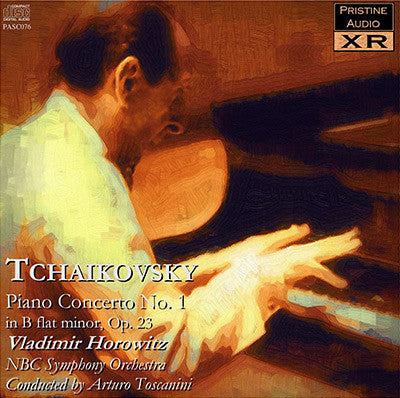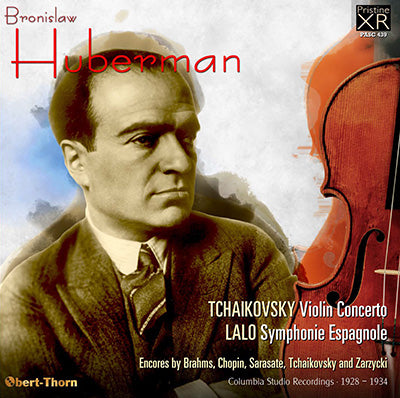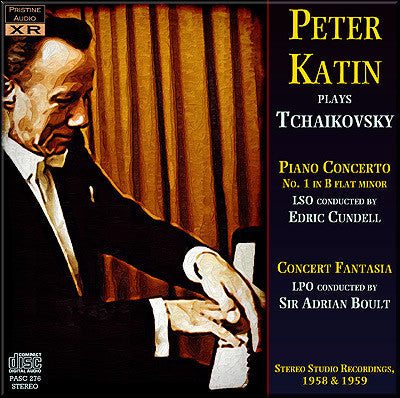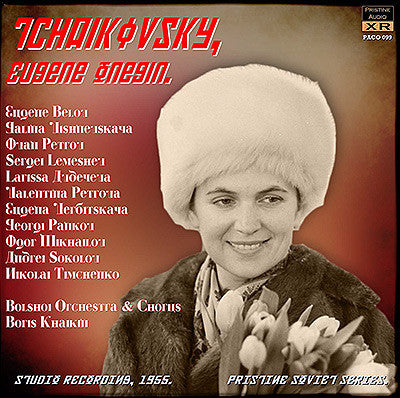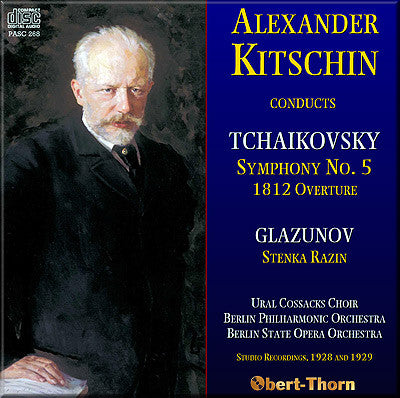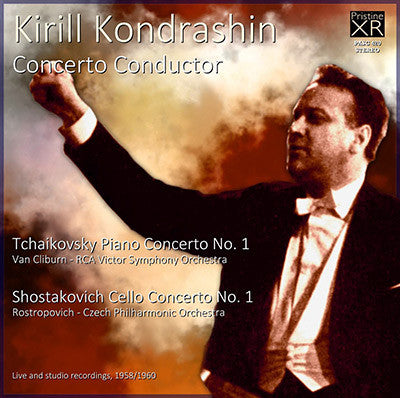Tchaikovsky
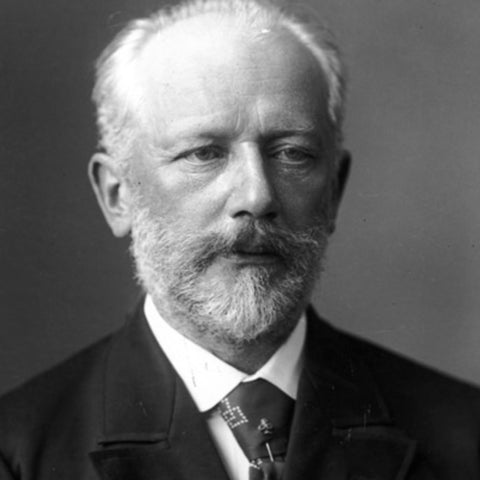
Although musically precocious, Tchaikovsky was educated for a career as a civil servant. There was scant opportunity for a musical career in Russia at that time and no system of public music education. When an opportunity for such an education arose, he entered the nascent Saint Petersburg Conservatory, from which he graduated in 1865. The formal Western-oriented teaching he received there set him apart from composers of the contemporary nationalist movement embodied by the Russian composers of The Five, with whom his professional relationship was mixed. Tchaikovsky's training set him on a path to reconcile what he had learned with the native musical practices to which he had been exposed from childhood. From this reconciliation, he forged a personal but unmistakably Russian style—a task that did not prove easy. The principles that governed melody, harmony and other fundamentals of Russian music ran completely counter to those that governed Western European music; this seemed to defeat the potential for using Russian music in large-scale Western composition or for forming a composite style, and it caused personal antipathies that dented Tchaikovsky's self-confidence. Russian culture exhibited a split personality, with its native and adopted elements having drifted apart increasingly since the time of Peter the Great. This resulted in uncertainty among the intelligentsia about the country's national identity—an ambiguity mirrored in Tchaikovsky's career.
Despite his many popular successes, Tchaikovsky's life was punctuated by personal crises and depression. Contributory factors included his early separation from his mother for boarding school followed by his mother's early death, the death of his close friend and colleague Nikolai Rubinstein, and the collapse of the one enduring relationship of his adult life, which was his 13-year association with the wealthy widow Nadezhda von Meck. His homosexuality, which he kept private, has traditionally also been considered a major factor, though some musicologists now downplay its importance. Tchaikovsky's sudden death at the age of 53 is generally ascribed to cholera; there is an ongoing debate as to whether cholera was indeed the cause of death, and whether it was accidental or self-inflicted.
While his music has remained popular among audiences, critical opinions were initially mixed. Some Russians did not feel it was sufficiently representative of native musical values and expressed suspicion that Europeans accepted the music for its Western elements. In an apparent reinforcement of the latter claim, some Europeans lauded Tchaikovsky for offering music more substantive than base exoticism and said he transcended stereotypes of Russian classical music. Others dismissed Tchaikovsky's music as "lacking in elevated thought," according to longtime New York Times music critic Harold C. Schonberg, and derided its formal workings as deficient because they did not stringently follow Western principles.

Tchaikovsky
TCHAIKOVSKY Piano Concerto No. 1
Recorded in 1941
Duration 29:48
Vladimir Horowitz, piano
NBC Symphony Orchestra
conducted by Arturo Toscanini
LALO Symphonie Espagnole
Encores by Brahms, Chopin, Sarasate, Tchaikovsky and Zarzycki
Studio and live recordings, 1928-34
Total duration: 72:03
William Steinberg ∙ Staatskapelle Berlin
George Szell ∙ Vienna Philharmonic Orchestra
Siegfried Schultze, piano
TCHAIKOVSKY Piano Concerto No. 1
TCHAIKOSVKY Concert Fantasia
Recorded 1958/59
Total duration: 61:07
Peter Katin, piano
London Philharmonic Orchestra
New Symphony Orchestra of London
Edric Cundell, conductor
Sir Adrian Boult, conductor
Recorded in Moscow, 1955
Total duration: 2:21:58
Galina Vishnevskaya - Tatiana
Ivan Petrov - Prince Gremin
Bolshoi Theatre Orchestra and Chorus
Conductor - Boris Khaikin
GLAZUNOV Stenka Razin
TCHAIKOVSKY '1812' Overture
TCHAIKOVSKY Symphony No. 5
Recorded 1928/9
Total duration: 72:21
Berlin Philharmonic Orchestra
Berlin State Opera Orchestra
Ural Cossacks Choir
conducted by Alexander Kitschin
SHOSTAKOVICH Cello Concerto No. 1
Studio and live recordings · 1958 & 1960
Total duration: 62:35
Van Cliburn, piano
Mstislav Rostropovich, cello
RCA Victor Symphony Orchestra
Czech Philharmonic Orchestra

